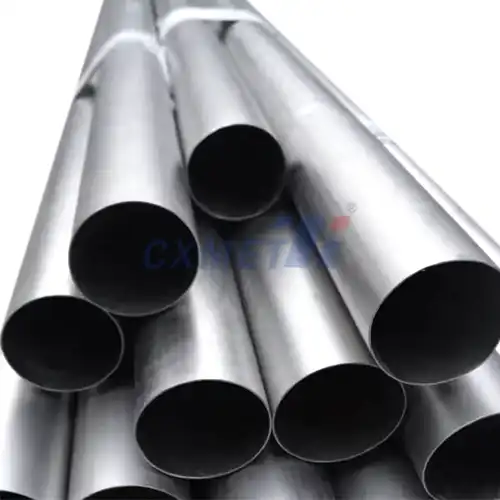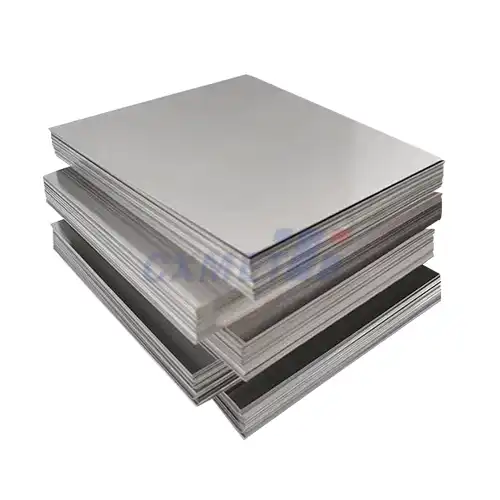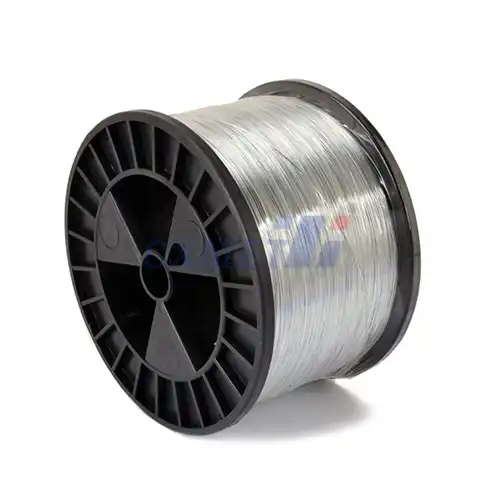- English
- French
- German
- Portuguese
- Spanish
- Russian
- Japanese
- Korean
- Arabic
- Greek
- German
- Turkish
- Italian
- Danish
- Romanian
- Indonesian
- Czech
- Afrikaans
- Swedish
- Polish
- Basque
- Catalan
- Esperanto
- Hindi
- Lao
- Albanian
- Amharic
- Armenian
- Azerbaijani
- Belarusian
- Bengali
- Bosnian
- Bulgarian
- Cebuano
- Chichewa
- Corsican
- Croatian
- Dutch
- Estonian
- Filipino
- Finnish
- Frisian
- Galician
- Georgian
- Gujarati
- Haitian
- Hausa
- Hawaiian
- Hebrew
- Hmong
- Hungarian
- Icelandic
- Igbo
- Javanese
- Kannada
- Kazakh
- Khmer
- Kurdish
- Kyrgyz
- Latin
- Latvian
- Lithuanian
- Luxembou..
- Macedonian
- Malagasy
- Malay
- Malayalam
- Maltese
- Maori
- Marathi
- Mongolian
- Burmese
- Nepali
- Norwegian
- Pashto
- Persian
- Punjabi
- Serbian
- Sesotho
- Sinhala
- Slovak
- Slovenian
- Somali
- Samoan
- Scots Gaelic
- Shona
- Sindhi
- Sundanese
- Swahili
- Tajik
- Tamil
- Telugu
- Thai
- Ukrainian
- Urdu
- Uzbek
- Vietnamese
- Welsh
- Xhosa
- Yiddish
- Yoruba
- Zulu
Can Titanium Grade 4 Round Bar be Used in Aerospace Applications?
2025-05-10 15:36:00
Titanium Grade 4 Round Bar, also known as commercially pure (CP) titanium grade 4, is a versatile material known for its excellent corrosion resistance, high strength-to-weight ratio, and biocompatibility. While it is commonly used in marine, chemical processing, and medical industries, the question arises: Can Titanium Grade 4 Round Bar be used in aerospace applications? This blog post will explore the potential of this material in the aerospace sector, considering its properties, advantages, and limitations.
|
|
|
What are the key properties of Titanium Grade 4 Round Bar?
Titanium Grade 4 Round Bar possesses a unique combination of properties that make it an attractive option for various industries, including aerospace. Some of the key properties include:
- Excellent corrosion resistance: Titanium Grade 4 exhibits exceptional resistance to corrosion in various environments, including saltwater and chemical solutions. This property is particularly valuable in aerospace applications, where components are exposed to harsh conditions and corrosive elements.
- High strength-to-weight ratio: With a density of approximately 4.51 g/cm³, Titanium Grade 4 offers a superior strength-to-weight ratio compared to many other metals. This characteristic is crucial in aerospace design, where weight reduction is a constant goal to improve fuel efficiency and overall performance.
- Good fatigue strength: Titanium Grade 4 demonstrates excellent fatigue resistance, which is essential for aerospace components subjected to cyclic loading and vibrations during flight.
- Low thermal expansion: The material's low coefficient of thermal expansion helps maintain dimensional stability in components exposed to temperature fluctuations, a common occurrence in aerospace applications.
- Biocompatibility: Although not directly relevant to aerospace applications, the biocompatibility of Titanium Grade 4 showcases its versatility and potential for use in various industries.
These properties make Titanium Grade 4 Round Bar a potential candidate for certain aerospace applications, particularly in areas where corrosion resistance and strength-to-weight ratio are critical factors.
How does Titanium Grade 4 Round Bar compare to other aerospace materials?
When considering the use of Titanium Grade 4 Round Bar in aerospace applications, it's essential to compare it to other materials commonly used in the industry. Some of the materials frequently employed in aerospace include:
- Aluminum alloys (e.g., 2024, 7075)
- Other titanium alloys (e.g., Ti-6Al-4V)
- Stainless steels
- Nickel-based superalloys
- Composite materials
Titanium Grade 4 Round Bar offers several advantages over some of these materials:
- Corrosion resistance: Compared to aluminum alloys and some stainless steels, Titanium Grade 4 exhibits superior corrosion resistance, which can lead to reduced maintenance costs and increased longevity of components.
- Strength-to-weight ratio: While not as strong as some titanium alloys like Ti-6Al-4V, Titanium Grade 4 still offers a better strength-to-weight ratio than many stainless steels and some aluminum alloys.
- Temperature resistance: Titanium Grade 4 maintains its properties at higher temperatures compared to aluminum alloys, making it suitable for components exposed to elevated temperatures during flight.
- Compatibility: Unlike some composite materials, Titanium Grade 4 is easily integrated with existing metal components and structures, simplifying design and manufacturing processes.
However, it's important to note that Titanium Grade 4 Round Bar also has some limitations compared to other aerospace materials:
- Lower strength: While strong for a commercially pure titanium grade, it doesn't match the strength of some titanium alloys or nickel-based superalloys used in high-stress applications.
- Cost: Titanium Grade 4 is generally more expensive than aluminum alloys and some stainless steels, which can impact overall project costs.
- Machining challenges: Like other titanium grades, Titanium Grade 4 can be more difficult to machine compared to aluminum alloys, potentially increasing manufacturing time and costs.
These comparisons highlight that while Titanium Grade 4 Round Bar has potential in aerospace applications, its use would likely be limited to specific components or systems where its unique properties offer significant advantages over other materials.
|
|
|
What are the potential aerospace applications for Titanium Grade 4 Round Bar?
Given its properties and characteristics, Titanium Grade 4 Round Bar could find applications in various aerospace components and systems. Some potential uses include:
- Hydraulic and pneumatic systems: The excellent corrosion resistance and strength of Titanium Grade 4 make it suitable for components in hydraulic and pneumatic systems, such as tubing, fittings, and valve bodies. These systems often operate under high pressure and are exposed to corrosive fluids, making the material's properties particularly advantageous.
- Fasteners and structural components: In areas where corrosion resistance is crucial but the highest strength is not required, Titanium Grade 4 could be used for fasteners, brackets, and other structural components. This is particularly relevant in marine aerospace applications or in areas of the aircraft exposed to corrosive environments.
- Engine components: While not suitable for the highest temperature zones of jet engines, Titanium Grade 4 could potentially be used in lower temperature areas or in auxiliary systems where its corrosion resistance and strength-to-weight ratio are beneficial.
- Landing gear components: Certain parts of the landing gear system that require good corrosion resistance and moderate strength could utilize Titanium Grade 4, such as hydraulic fittings or non-load-bearing structural elements.
- Fuel and fluid handling systems: The material's resistance to corrosion and compatibility with various fluids make it a candidate for components in fuel systems, de-icing fluid systems, or other fluid handling applications in aircraft.
- Environmental control systems: Components in air conditioning, pressurization, or other environmental control systems could benefit from the corrosion resistance and strength of Titanium Grade 4.
- Avionics housings: For electronics and avionics components that require protection from environmental factors, Titanium Grade 4 could provide durable and corrosion-resistant housings.
It's important to note that while these applications are potential uses for Titanium Grade 4 Round Bar in aerospace, each specific application would require careful evaluation and testing to ensure the material meets all necessary performance, safety, and regulatory requirements. Factors such as stress levels, operating temperatures, fatigue conditions, and compatibility with other materials and fluids must be thoroughly assessed before implementing Titanium Grade 4 in any aerospace component.
Additionally, the use of Titanium Grade 4 in aerospace applications would likely be subject to extensive qualification processes and may require approval from relevant aviation authorities. This process would involve rigorous testing and documentation to demonstrate the material's suitability for specific aerospace applications.
In conclusion, while Titanium Grade 4 Round Bar possesses properties that make it potentially suitable for certain aerospace applications, its use would be limited to specific components where its unique combination of corrosion resistance, moderate strength, and relatively low weight offer significant advantages over other materials. As with any material selection in aerospace engineering, the decision to use Titanium Grade 4 would need to be based on a comprehensive analysis of performance requirements, cost considerations, and regulatory compliance.
At SHAANXI CXMET TECHNOLOGY CO., LTD, we take pride in our extensive product range, which caters to diverse customer needs. Our company is equipped with outstanding production and processing capabilities, ensuring the high quality and precision of our products. We are committed to innovation and continuously strive to develop new products, keeping us at the forefront of our industry. With leading technological development capabilities, we are able to adapt and evolve in a rapidly changing market. Furthermore, we offer customized solutions to meet the specific requirements of our clients. If you are interested in our products or wish to learn more about the intricate details of our offerings, please do not hesitate to contact us at sales@cxmet.com. Our team is always ready to assist you.
|
|
|
References
1. ASM International. (2015). Titanium and Titanium Alloys: Fundamentals and Applications.
2. Leyens, C., & Peters, M. (Eds.). (2003). Titanium and titanium alloys: fundamentals and applications. John Wiley & Sons.
3. Boyer, R., Welsch, G., & Collings, E. W. (1994). Materials properties handbook: titanium alloys. ASM international.
4. Peters, M., Kumpfert, J., Ward, C. H., & Leyens, C. (2003). Titanium alloys for aerospace applications. Advanced engineering materials, 5(6), 419-427.
5. Donachie, M. J. (2000). Titanium: a technical guide. ASM international.
6. Inagaki, I., Takechi, T., Shirai, Y., & Ariyasu, N. (2014). Application and features of titanium for the aerospace industry. Nippon Steel & Sumitomo Metal Technical Report, 106, 22-27.










